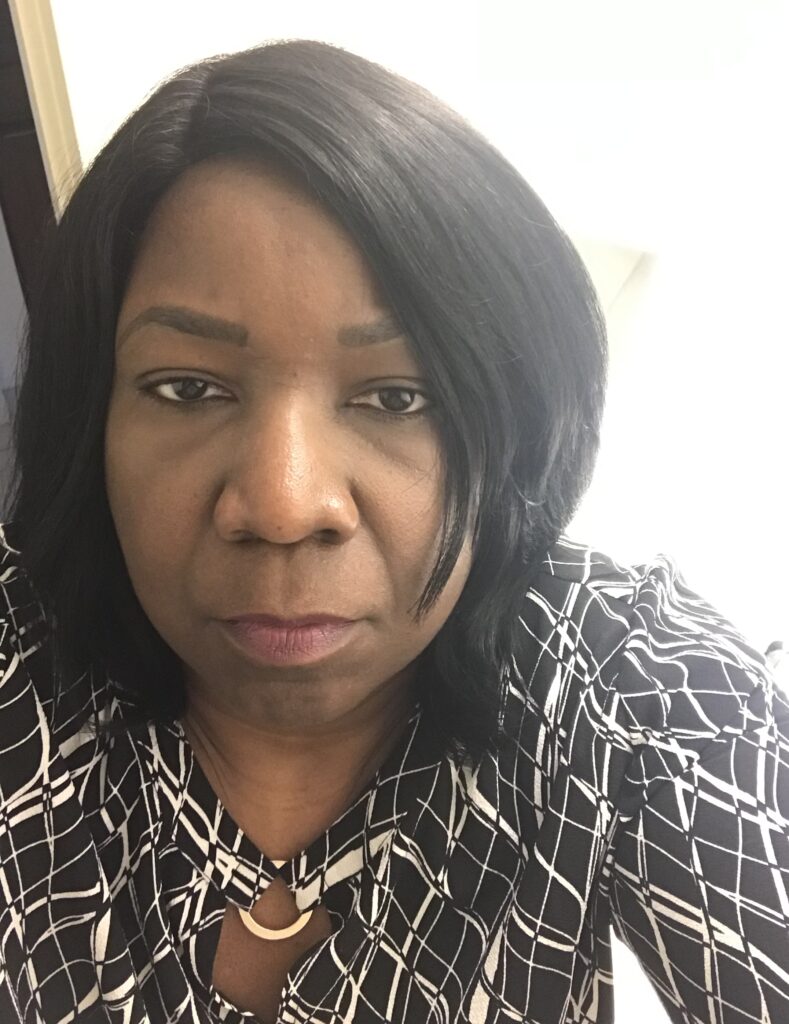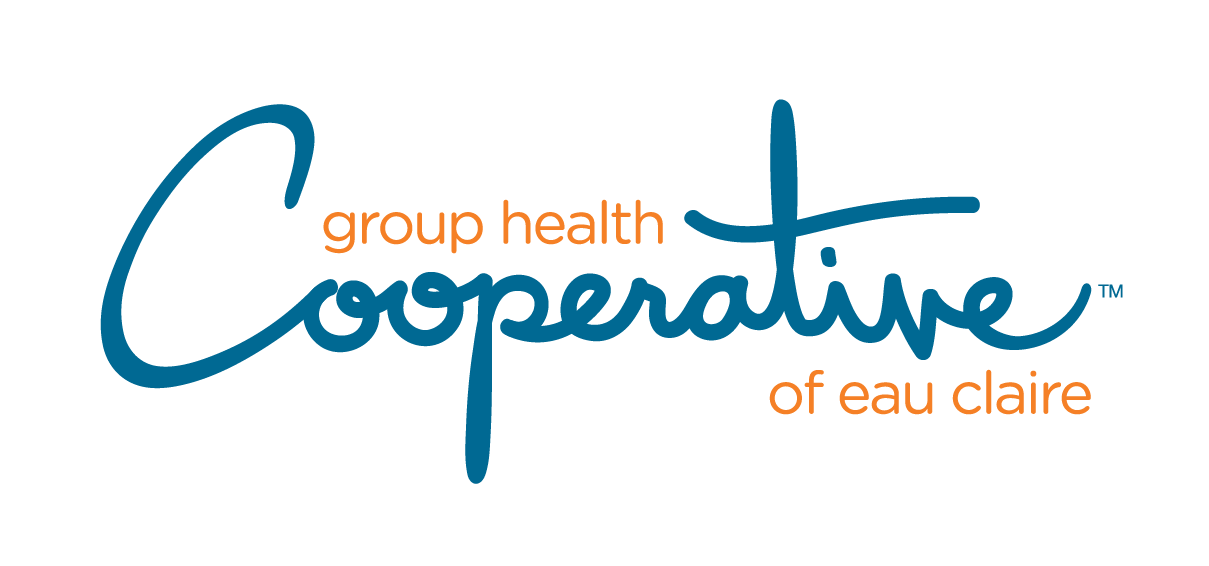February 22, 2023
February is Black History Month and ACHP is committed to celebrating and highlighting the diversity within our membership and efforts being made to make real achievements toward health equity nationwide. With Black Americans facing disproportionately more barriers to care, there is clearly still much work to be done. Leaders like Caren Caldwell, Associate Vice President at UPMC Health Plan, are inspired by their lived experiences, which, in turn, encourages others to take that work to heart – this month and every other month – to leave a lasting impact on their communities and the health care system at large.

Tell us about yourself and your role at your organization.
I am an Associate Vice President at UPMC Health Plan who manages the operations of our Medicaid LTSS (Long-Term Services and Supports) program. My responsibilities include coordinating and overseeing program operations designed to assure high quality service delivery, fiscal viability and contractual compliance for participants dually eligible for Medicare and Medicaid and/or who receive Medicaid funded long-term services and supports in PA.
What does Black History Month mean to you?
Black History Month as we know it today, was actually Black History Week created by Carter G. Woodson in 1926 as a way to draw attention to the important history of Black people. It was not until 1969 that Black History Month was proposed by students at Kent State University. Black History Month was not recognized nationally until 1976 when President Gerald Ford recognized it during the US Bicentennial celebration when he urged the American public to use it as an opportunity to honor the accomplishments of African Americans throughout our history.
When I was in school, Black History Month felt like an annual opportunity to have my ancestors be seen as an important part of the American story. While I was proud of the opportunity to recognize such accomplishments, I often felt uncomfortable as well, but I wasn’t sure why. As I got older, I began to realize that the same few famous Black people were showcased every year, typically Martin Luther King Jr, Rosa Parks and Harriet Tubman, as if they were the only people who were worthy of recognition.
My parents, who were well read, supplemented my education and taught me about Black Wall Street, an affluent black neighborhood in Tulsa, Oklahoma, that was destroyed by white mobs; Garret Morgan, a Black businessman and inventor who created the gas mask and traffic light; and that Thomas Jennings invented the process of “dry scouring,” which was the predecessor for today’s dry-cleaning methods, just to name a few. There are countless others who are not so prominent, yet still worthy of recognition because they have contributed to our society in many ways. However, the education system does not include the contributions of African Americans as part of the history that is taught the rest of the year. As a result, the knowledge of African American history for many people is confined to slavery and the Civil Rights Movement.
For me, Black History Month is an opportunity to teach everyone about the infinite number of accomplishments of African Americans as Carter G. Woodson intended. He contended, “If a race has no history, it has no worthwhile tradition, it becomes a negligible factor in the thought of the world, and it stands in danger of being exterminated.”1
Black History Month is the opportunity to discuss and celebrate our accomplishments, contributions and value in our society. In the best case, Black History Month should serve as a springboard to cultivate an inclusive learning culture in schools and places of employment.
As a leader in your community, what advice would you offer to those getting started?
As a leader, the best advice I could give to people starting out is to not be afraid to network in all spaces in which they function. Speaking to everyone from the cleaning crew to their senior leadership is important because you can learn from people in all walks of life. Most people are helpers by nature and will be happy to assist with making connections and aiding in your success if they feel you are sincere and genuine. You never know who has been put in your path to help you reach your goals. I would also suggest that they realize that it is okay to deviate from the straight-line career path and not be afraid to experience new things, both personal and professional; particularly if it is a once in a lifetime opportunity.
1. Woodson, C. G. (April 1926). “Negro History Week”. Journal of Negro History. 11 (2): 239. doi:10.2307/2714171. JSTOR 2714171. S2CID 150316762.
New from ACHP:
- Overcoming Barriers: Transforming Black Maternal Health Through Research Webinar
- PODCAST: ACHP’s Ceci Connolly Joins Managed Healthcare Executive DC Roundtable Podcast
- OP-ED: What Could We Do if GLP-1 Weight Loss Drugs Were Free? Would Our Obesity Epidemic Be Solved for Good?
- ACHP Statement on Final Rule for Medicare Advantage and Part D
- WEBINAR: Medicare Advantage in 2024 and Beyond
- ACHP Joins First Lady Jill Biden and Health Care Leaders to Support Cancer Moonshot Initiative


































